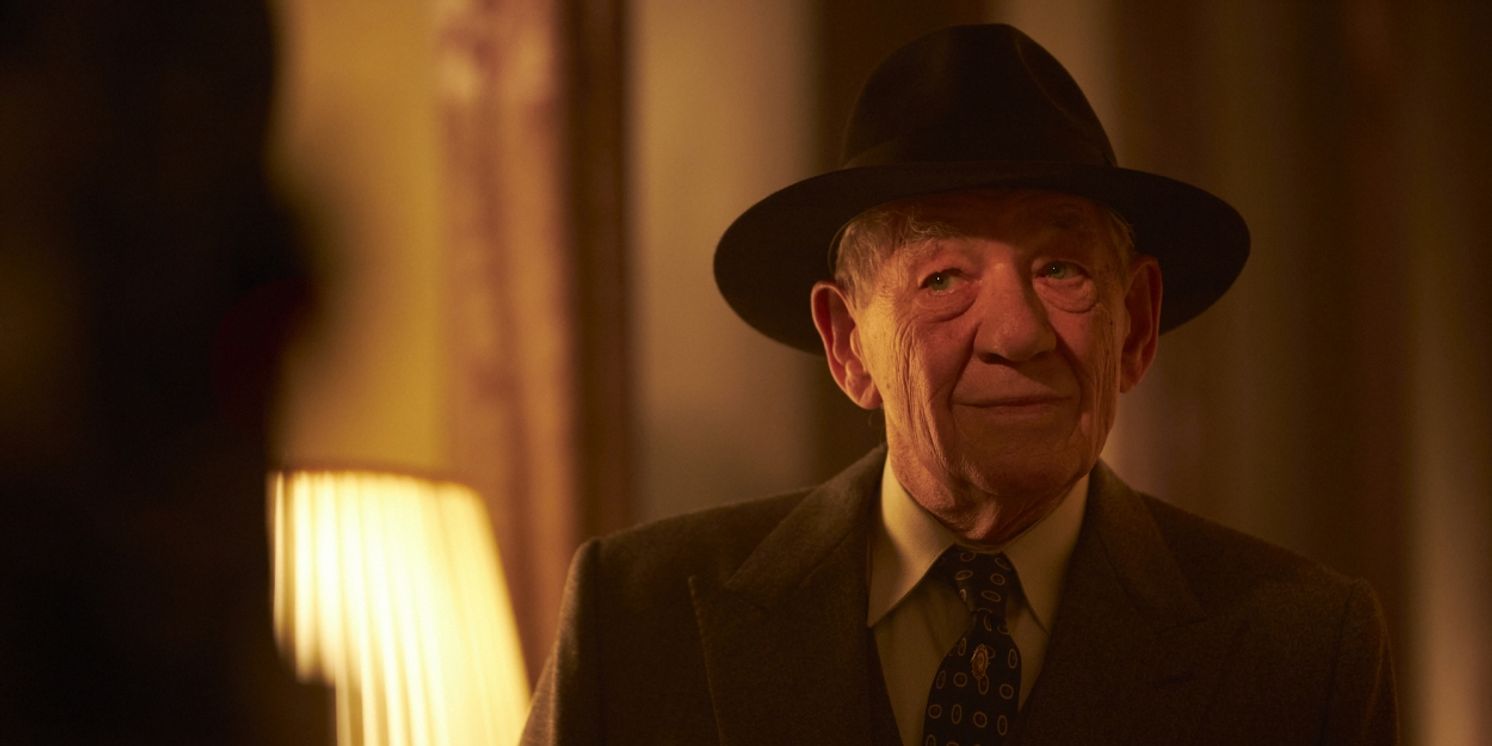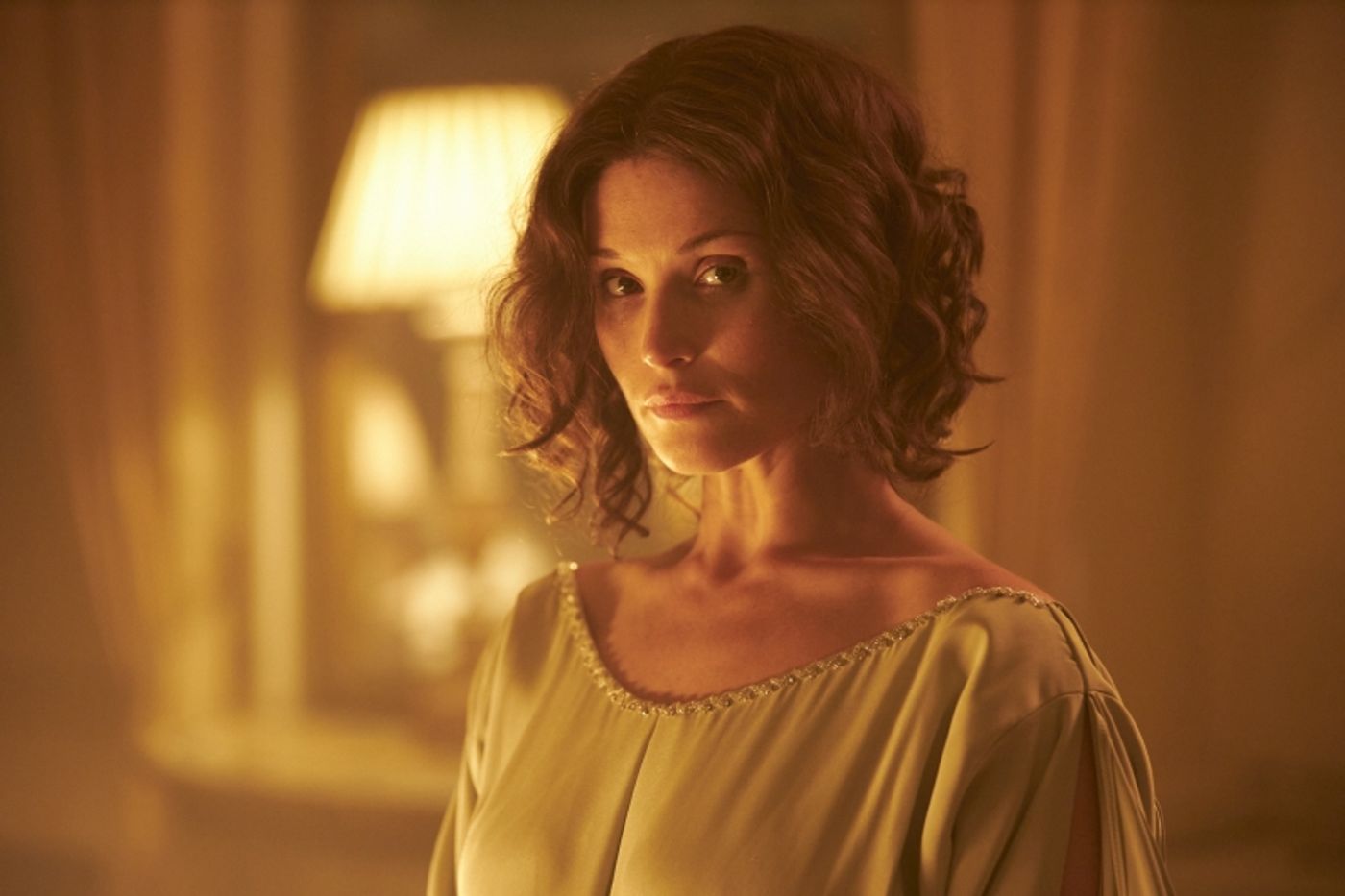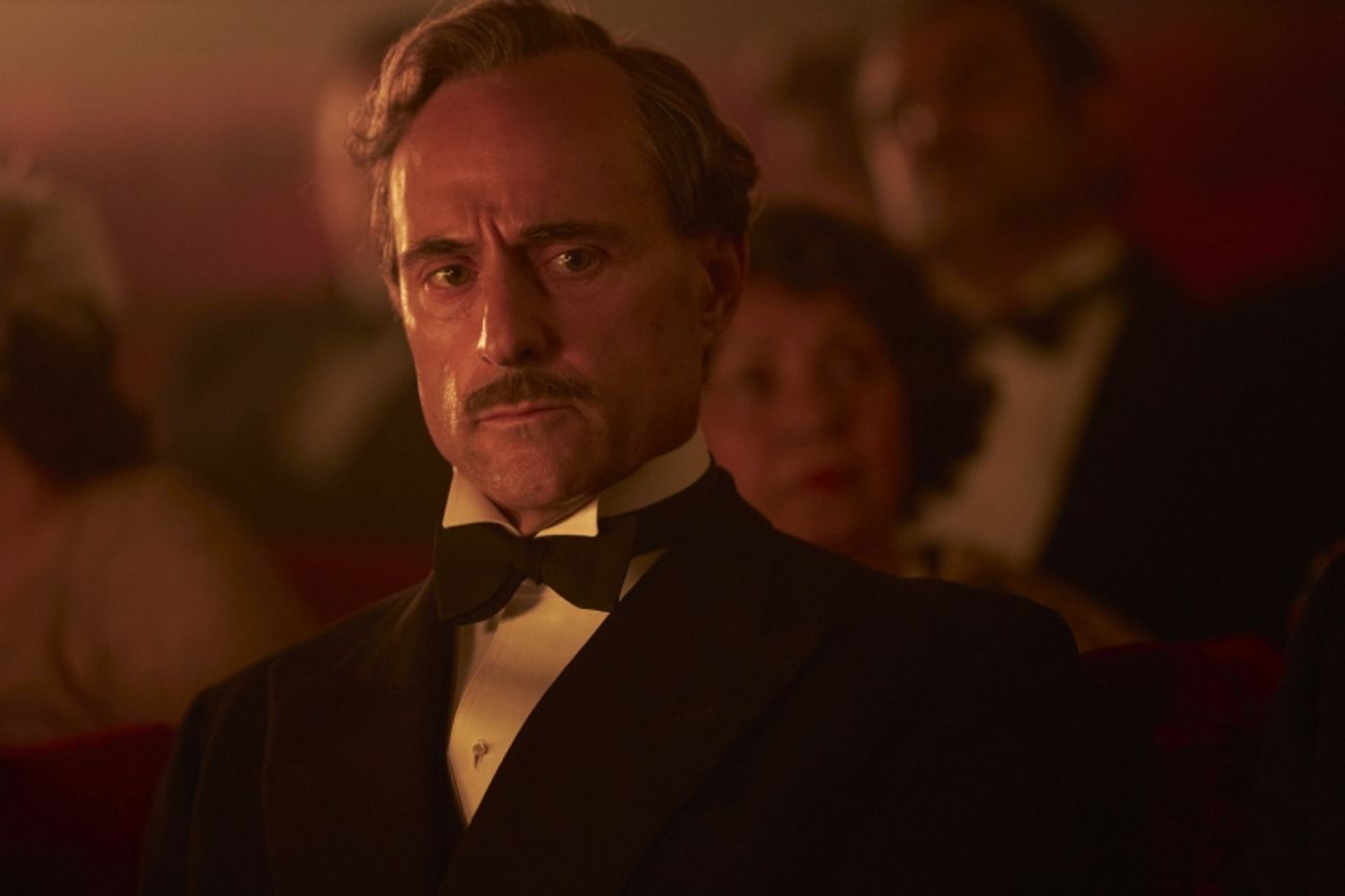Film Review: THE CRITIC
Ian McKellen's latest film role is a caustic theatre critic who gets entangled in a web of lies.

![]() The Irish writer Brendan Behan described critics as “eunuchs in a harem; they know how it’s done, they’ve seen it done every day, but they’re unable to do it themselves”. Quite a damning characterisation. Anand Tucker introduces an ageing critic, Jimmy Erskine, whose name and ruthlessness are the stuff of legends. When a struggling actress becomes entangled in his web, Erskine drags both of them down a dangerous path. Loosely based on Anthony Quinn’s novel Curtain Call but featuring a different premise, The Critic is a solid, witty black comedy that seamlessly shifts into a chic crime drama.
The Irish writer Brendan Behan described critics as “eunuchs in a harem; they know how it’s done, they’ve seen it done every day, but they’re unable to do it themselves”. Quite a damning characterisation. Anand Tucker introduces an ageing critic, Jimmy Erskine, whose name and ruthlessness are the stuff of legends. When a struggling actress becomes entangled in his web, Erskine drags both of them down a dangerous path. Loosely based on Anthony Quinn’s novel Curtain Call but featuring a different premise, The Critic is a solid, witty black comedy that seamlessly shifts into a chic crime drama.
Set in the mid-30s, high society intrigue and a flamboyant dose of blackmail populate an elegant and gently entertaining film where an ode to the dramatic arts coexists with an invective against fascism and homophobia, making it politically significant too. While Tucker’s stylistic choices are very particular and won’t please everybody, Marber’s screenplay is imbued with stunning eloquence and reverence for the language. “Fascists come and go, but theatre is eternal. It matters more than politics,” says Erskine during a beautiful speech on the value of art in difficult times.

Ian McKellen is exceptionally fabulous, leading as the debauched and caustic main character. He’s accompanied by a starry lineup that starts with Gemma Arterton and Mark Strong, Lesley Manville and Romola Garai, and finishes with Ben Barnes, Alfred Enoch, and Nikesh Patel. It’s a cohesive ensemble that delivers a delicious, though sometimes formulaic, plot. Strong is the iron fist that inherits The Daily Chronicle from his father; set on marking a new era from the paper, he’s a merciless ruler. He becomes, however, big-eyed and awed in the presence of Nina, the starlet portrayed by Arterton. She offers a humble, multi-faceted performance that’s on par with her co-stars’ - McKellen’s primarily.
He gives into his bitter side, introducing a smoking, drinking, cruel, yet debonair gent. Though he’s too prone to unleash his ruthless humour, this pedantic and fastidious nature conceals a deep love for beauty. Ultimately, what Tucker explores within Erskine’s person is what we’re willing to lose to gain immortality. Easily manipulated, Enoch often loses his position as the voice of reason, offering a quiet portrayal that leaves a mark. Barnes comes in from the other end of the spectrum with a brooding, intense look amidst all the illicit trysts and reckless twists.

Cinematographer David Higgs captures the performances with a warm, nostalgic gaze. The Critic is beautifully lit. A golden glow pervades most scenes while gorgeous, lavish sets full to the brim with art and detail envelop the actors. While Tucker’s cuts might not be everybody’s cup of tea, his final work is undoubtedly impressive. Grand backdrops suddenly bend into harsh closeups to unsettle the viewer, placing them directly inside the character’s bubble with intruding intimacy. It’s an elevated project, perhaps even pretentious in the attention shown to its visual and linguistic transactions.
The Critic opens in cinemas on 13 September.
Read our interview with Sir Ian McKellen here.
Reader Reviews
Videos

